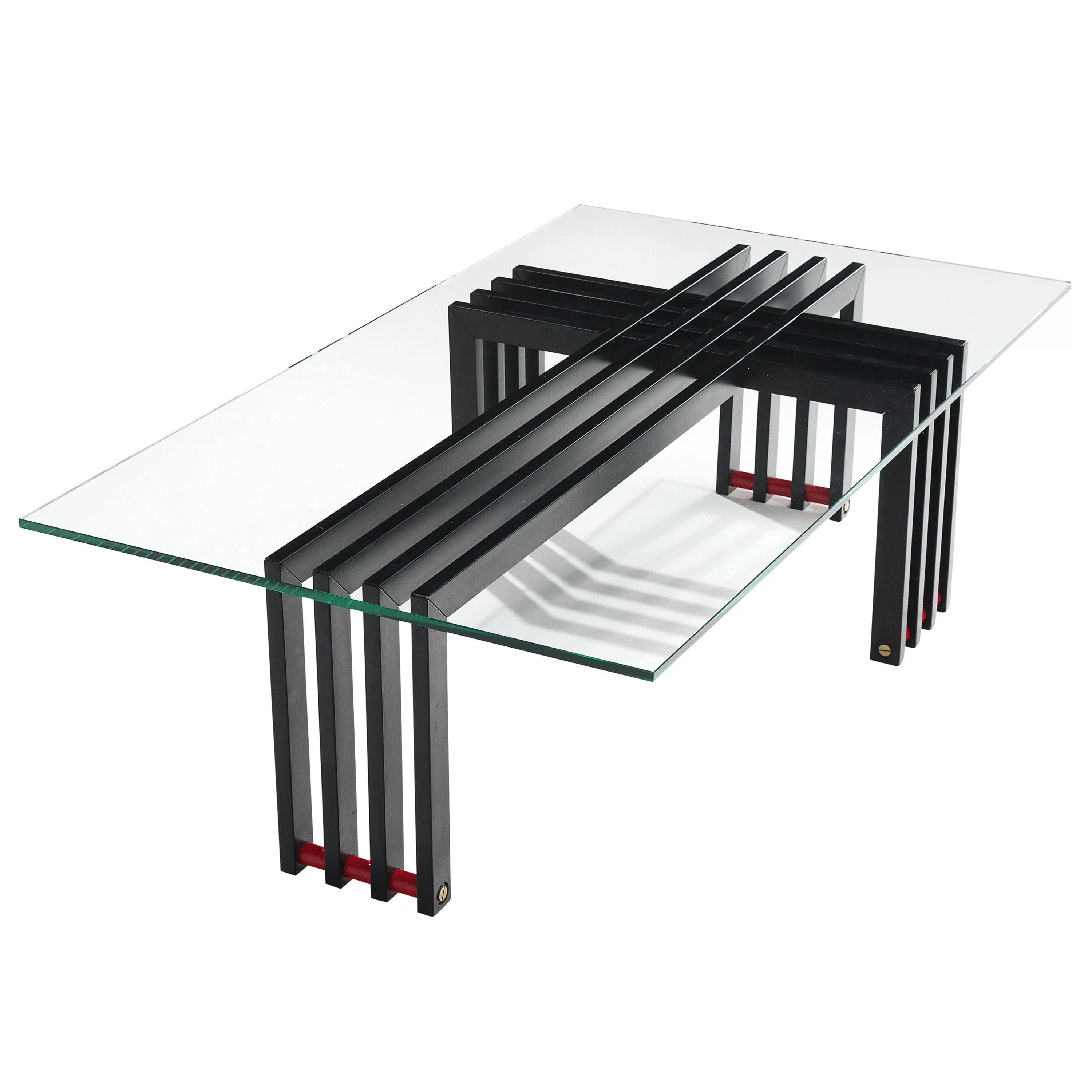Applications of Glass-Lined Reactors
Glass-lined reactors are widely used in various industries due to their exceptional chemical resistance and versatility. Their applications span across pharmaceuticals, chemicals, food and beverage, and other sectors, where their unique properties offer significant advantages over alternative reactor types. This article delves into the detailed applications of glass-lined reactors, exploring their benefits, usage, and specific industry applications.
Glass-Lined Reactor Overview
Glass-lined reactors are vessels coated internally with a layer of glass. This lining provides excellent protection against corrosion and chemical attack, making them ideal for processes involving highly corrosive or reactive substances. The glass lining is typically applied through a process of applying and firing a vitreous enamel coating onto the reactor’s metal surface. This coating creates a seamless, smooth, and chemically resistant barrier.
The primary material used in the construction of glass-lined reactors is usually carbon steel or stainless steel, which is then coated with a glass layer. The glass itself is made from a combination of silica, alumina, and other materials that are fused together at high temperatures. The resulting material is highly resistant to acids, bases, and other corrosive agents, ensuring the longevity and reliability of the reactor.
Key Advantages of Glass-Lined Reactors

1. Chemical Resistance: One of the most significant advantages of glass-lined reactors is their exceptional resistance to chemical corrosion. The glass lining provides a barrier that prevents the underlying metal from coming into contact with corrosive substances, extending the reactor’s lifespan and reducing maintenance needs.
2. Ease of Cleaning: The smooth surface of the glass lining makes it easy to clean and sanitize. This is particularly important in industries such as pharmaceuticals and food processing, where stringent hygiene standards are required.
3. Versatility: Glass-lined reactors can handle a wide range of chemical reactions, including those involving acids, bases, and solvents. This versatility makes them suitable for various applications, from chemical synthesis to fermentation processes.
4. Thermal Stability: The glass lining can withstand a wide range of temperatures, making it suitable for processes that involve both high and low temperatures. This thermal stability ensures consistent performance and reliability in different operating conditions.
Applications in the Pharmaceutical Industry
In the pharmaceutical industry, glass-lined reactors are essential for the production of drugs and active pharmaceutical ingredients (APIs). These reactors are used for various processes, including:
1. Chemical Synthesis: Many pharmaceutical compounds are synthesized through complex chemical reactions that require precise control of temperature and pressure. Glass-lined reactors are used to carry out these reactions while ensuring the integrity of the products.

2. Fermentation: In the production of biologics and other pharmaceuticals, fermentation processes are critical. Glass-lined reactors provide a controlled environment for fermentation, allowing for optimal growth conditions and product yields.
3. Extraction and Purification: The pharmaceutical industry often requires the extraction and purification of compounds from natural sources or synthetic mixtures. Glass-lined reactors are used for these processes due to their ability to handle corrosive solvents and acids.
4. Process Development: Glass-lined reactors are also employed in research and development stages to test new formulations and processes. Their versatility and ease of cleaning make them ideal for small-scale and pilot-scale operations.
Applications in the Chemical Industry
In the chemical industry, glass-lined reactors are used for a wide range of applications due to their resistance to corrosive chemicals. Some key uses include:
1. Reaction Processes: Glass-lined reactors are commonly used for conducting various chemical reactions, including oxidation, reduction, and polymerization. Their ability to withstand harsh chemicals and high temperatures makes them suitable for these processes.
2. Neutralization: Many chemical processes involve neutralizing acids or bases. Glass-lined reactors are used to carry out these neutralization reactions safely and effectively, preventing contamination and equipment degradation.

3. Chlorination and Fluorination: The production of chlorinated and fluorinated compounds requires reactors that can handle highly reactive chemicals. Glass-lined reactors are ideal for these applications due to their resistance to chlorine and fluorine.
4. Production of Specialty Chemicals: The chemical industry often requires the production of specialty chemicals with unique properties. Glass-lined reactors offer the flexibility needed for these specialized processes, allowing for precise control over reaction conditions.
Applications in the Food and Beverage Industry
The food and beverage industry benefits greatly from the use of glass-lined reactors due to their hygienic properties and resistance to contamination. Key applications include:
1. Mixing and Blending: Glass-lined reactors are used for mixing and blending various ingredients in the food and beverage industry. Their smooth surfaces facilitate thorough mixing and prevent contamination.
2. Extraction of Flavors and Colors: Many food products require the extraction of natural flavors and colors from raw materials. Glass-lined reactors are used for these extractions, providing a controlled environment that maintains the quality of the extracts.
3. Fermentation: Similar to the pharmaceutical industry, the food and beverage industry relies on fermentation processes to produce products such as beer, wine, and dairy products. Glass-lined reactors provide the necessary conditions for fermentation while ensuring product purity.
4. Pasteurization: Pasteurization is a critical process in the food and beverage industry to ensure the safety and shelf life of products. Glass-lined reactors are used for pasteurizing liquids, providing efficient heat transfer and temperature control.
Applications in the Environmental Industry
The environmental industry also utilizes glass-lined reactors for various applications related to waste treatment and environmental protection. Some examples include:
1. Waste Treatment: Glass-lined reactors are used for the treatment of industrial waste, including hazardous chemicals and heavy metals. Their resistance to corrosive substances ensures effective waste processing and containment.
2. Neutralization of Pollutants: Many glass lined reactor repair environmental processes involve the neutralization of pollutants. Glass-lined reactors are employed in these processes to handle corrosive agents and ensure safe and efficient treatment.
3. Chemical Scrubbing: The environmental industry uses chemical scrubbing to remove pollutants from gases and liquids. Glass-lined reactors are used in these systems to provide a durable and reliable solution for scrubbing operations.
4. Water Treatment: Glass-lined reactors are used in various water treatment processes, including the removal of contaminants and the purification of water. Their resistance to corrosion and ease of cleaning make them suitable for these applications.
Conclusion
Glass-lined reactors are versatile and valuable tools across various industries due to their chemical resistance, ease of cleaning, and thermal stability. Their applications in the pharmaceutical, chemical, food and beverage, and environmental industries highlight their importance in modern industrial processes. By providing a durable and reliable solution for handling corrosive and reactive substances, glass-lined reactors play a crucial role in ensuring the efficiency and safety of numerous chemical and industrial processes.
https://iflatiron.com/





